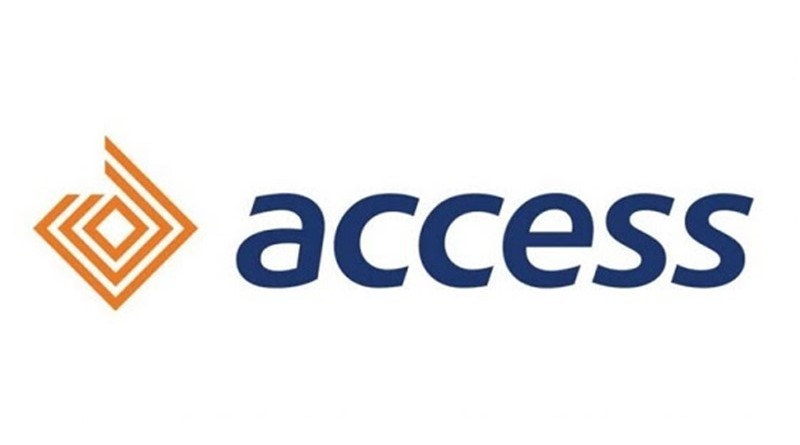Access Bank and British International Investment to extend $60m trade finance facility across five African countries
The UK’s Development Finance Institution (DFI) and impact investor, British International Investment (BII), has announced a $60 million trade finance facility for Access Bank Plc in Nigeria and five of its pan-African subsidiaries. This will improve local enterprises’ import and export capacities while also filling the foreign currency supply shortage. The program demonstrates BII’s commitment to improving financing environments in fragile economies while also supporting Access Bank’s objective to facilitate continental trade. According to BII, the financing program will increase African trade volumes by $90 million.
The deal strengthens BII’s existing connection with Nigeria’s largest commercial bank by assets and improves the provision of systemic liquidity during a difficult macroeconomic climate. Higher inflation and growing capital costs have weighed on currency performance both at home and in the program’s target markets of the Democratic Republic of the Congo, Mozambique, Rwanda, Sierra Leone, and Zambia. The BII’s intervention at this important juncture highlights the critical role of development finance institutions in providing countercyclical support to create economic resilience.
The World Trade Organization estimates that between 80 and 90 percent of global trade depends on the availability of trade credit. That finance deficit in Africa was US$82 billion before the COVID-19 outbreak, and it is getting bigger. By expanding the trade books of its subsidiaries, Access Bank hopes to supply 15% of the trade finance in Africa. This goal recognizes the positive benefits that strong trade flows have on economies and livelihoods.
Nigeria’s currency instability may limit the spread of dollar-denominated trade loans throughout African markets, making it more difficult for nations to take advantage of the opportunities created by the African Continental Free Trade Agreement. By focusing on import-dependent economies, many of which will be engaging with BII’s Trade programme for the first time, the increased accessibility of trade loans denominated in US dollars will guarantee the availability of essential raw materials and manufacturing inputs for the manufacture and export of goods. The main result will be an improvement in the standard of living and the maintenance of employment for those employees of importers and exporters who have limited access to foreign exchange trade loans.
The program will directly contribute to the UN Sustainable Development Goals 8 (Decent work and economic growth) and 9 (Industry, innovation, and infrastructure) by channeling the loans into businesses in the construction, manufacturing, and FMCG sectors.
The facility will simultaneously increase inclusivity. Access Bank will make sure that the distribution of loans is planned intentionally to advance its gender commitments in order to qualify under the 2X Challenge, which aims to enhance female involvement and leadership in business. The facility will also support BII’s BOLD program, which aims to increase the availability of financing for Black, African-owned firms at more reasonable prices.
“Access Bank is on a purposeful mission to scale intra-African trade and position the continent as a viable market for global trade,” said Seyi Kumapayi, Executive Director, African Subsidiaries at Access Bank. Due to the enormous potential that this trade credit arrangement with the BII offers us across our pan-African businesses, we are overjoyed. This strategic partnership improves our ability to import and export goods while also increasing our capacity to help regional businesses, particularly those run by women, and eventually spur economic growth. In order to nurture the continent’s long-term economic stability and make it more appealing for more foreign investment, we must expand trade volumes.
“Our new relationship is a critical step closer to decreasing the trade finance gap in Africa, particularly in countries like the DRC and Rwanda,” said Admir Imami, Director and Head of Trade and Supply Chain Finance at BII. “Access Bank is a long-standing partner of BII.
Financial access is severely restricted in fragile governments because these nations are frequently buffeted by macroeconomic events that are out of their control. In order to maintain intra-African commerce and promote the development of inclusive economies, BII and Access Bank both hold the firm belief that strengthening these companies’ resilience through providing them with reasonable access to foreign exchange is essential.
“Our latest commitment to Access Bank reiterates our assurance to this top multinational institution and to Nigeria,” stated Benson Adenuga, Head of Office & Coverage Director for Nigeria at BII. It happens at a time when Nigeria’s shaky economy needs more money, especially from countercyclical investors like development finance organizations. Our funding will support the economy and guarantee the supply of basic necessities like food, medicine, and clothing throughout Africa.




